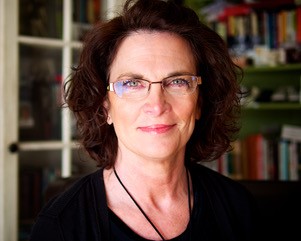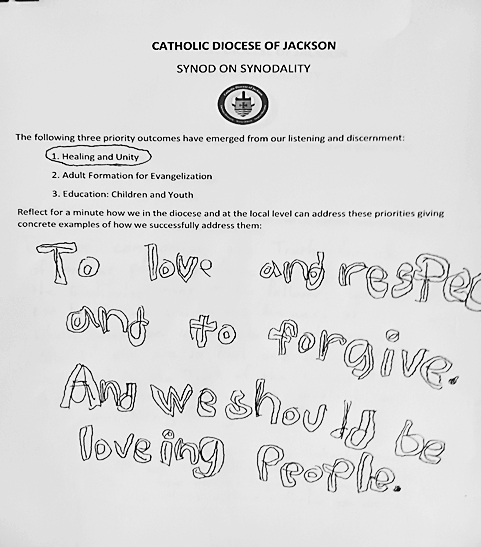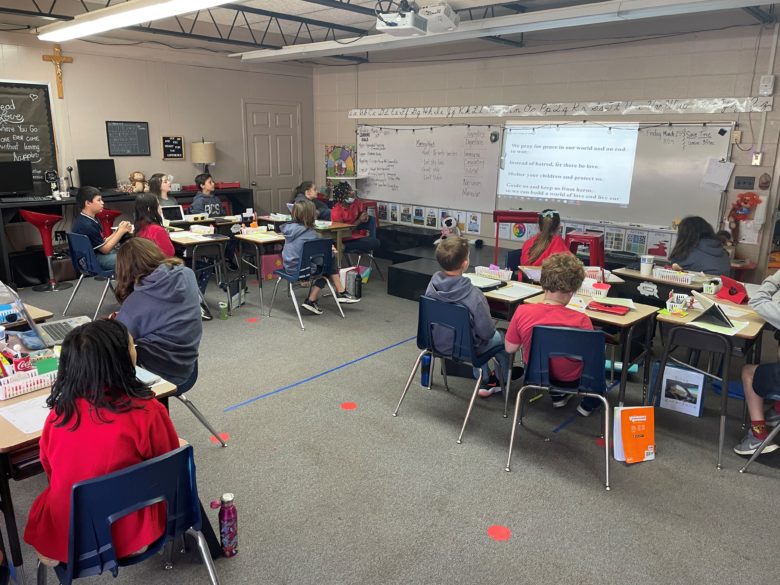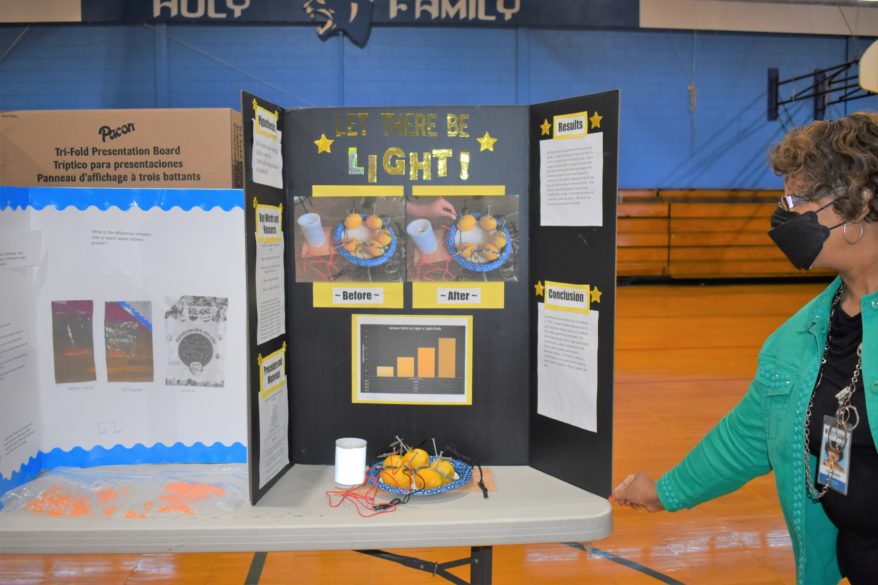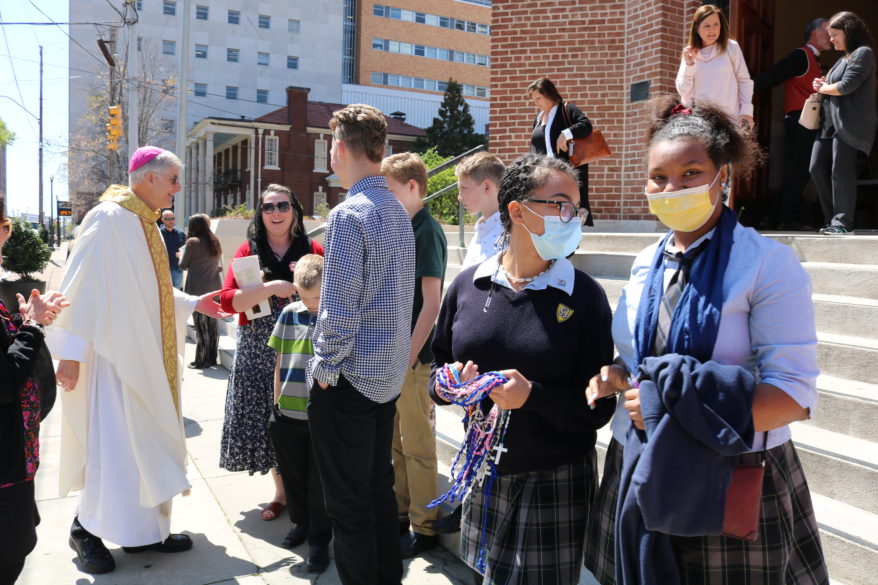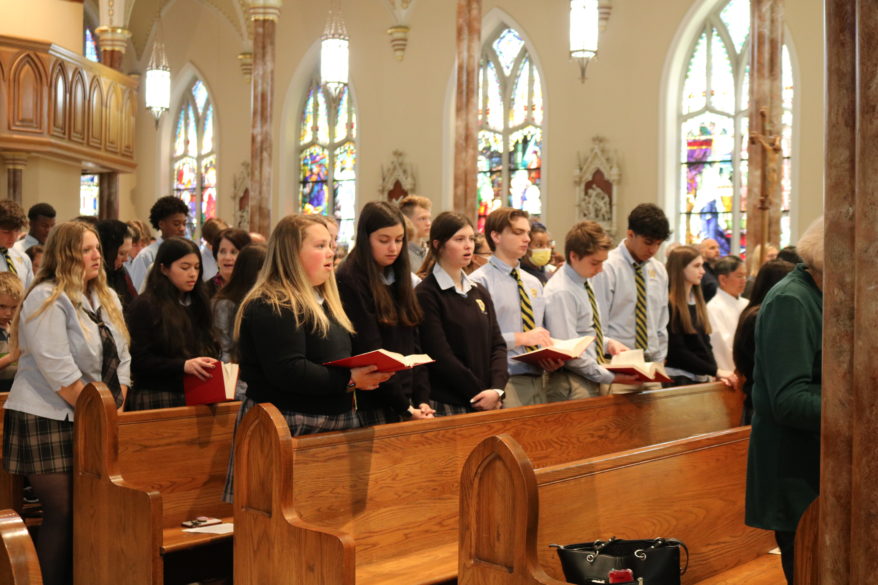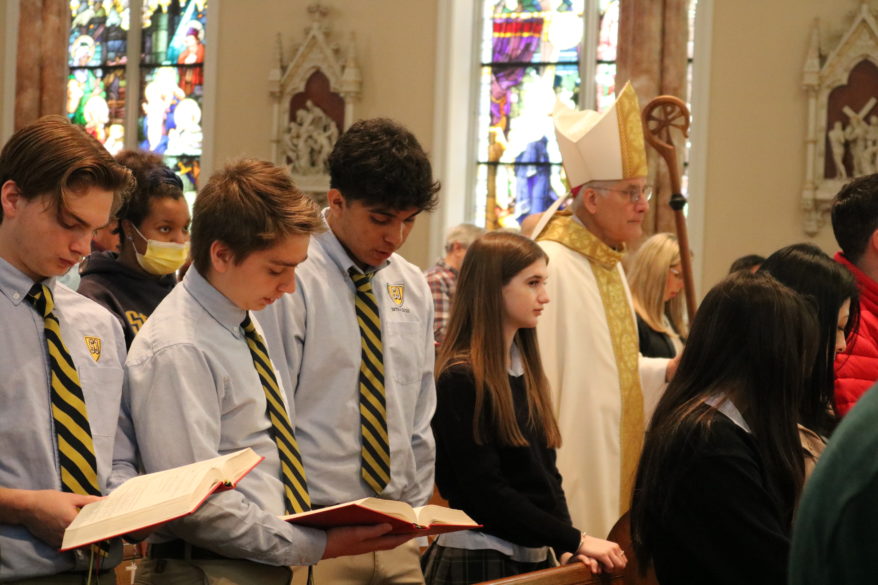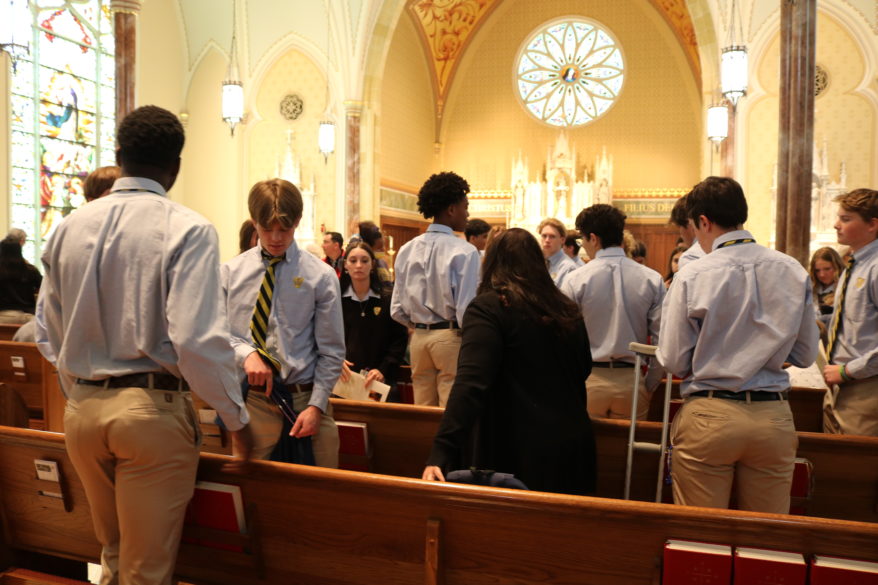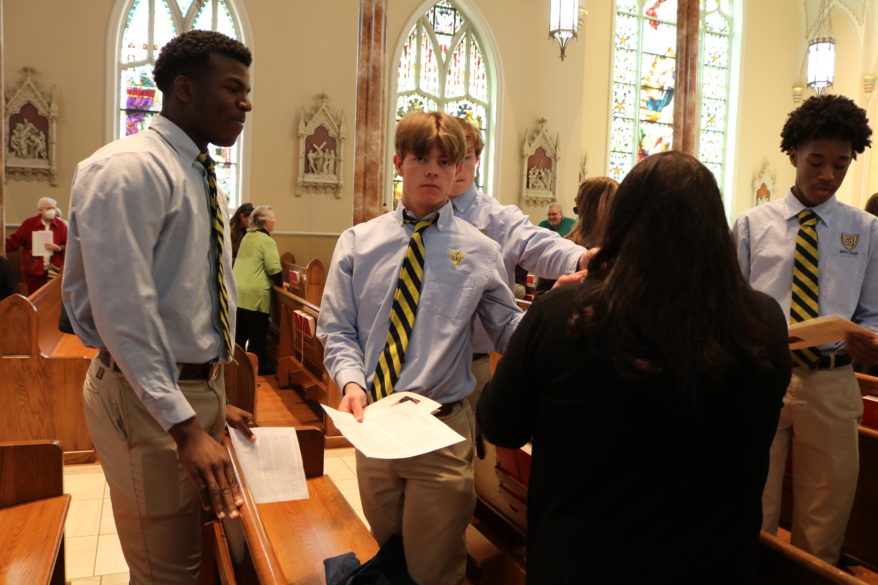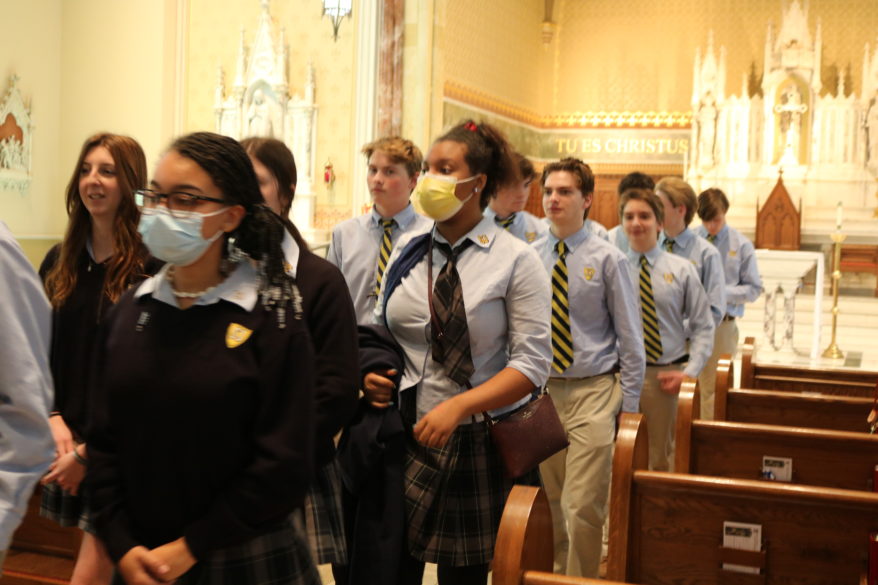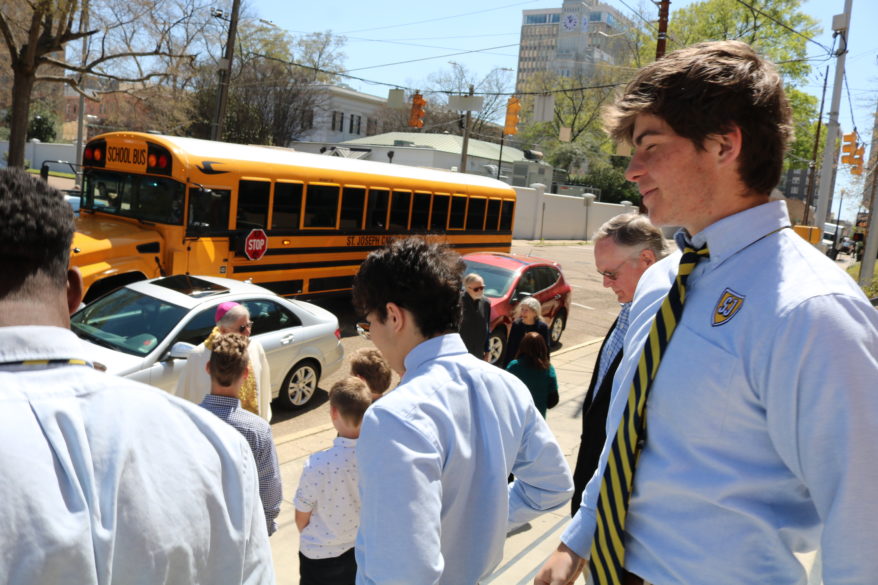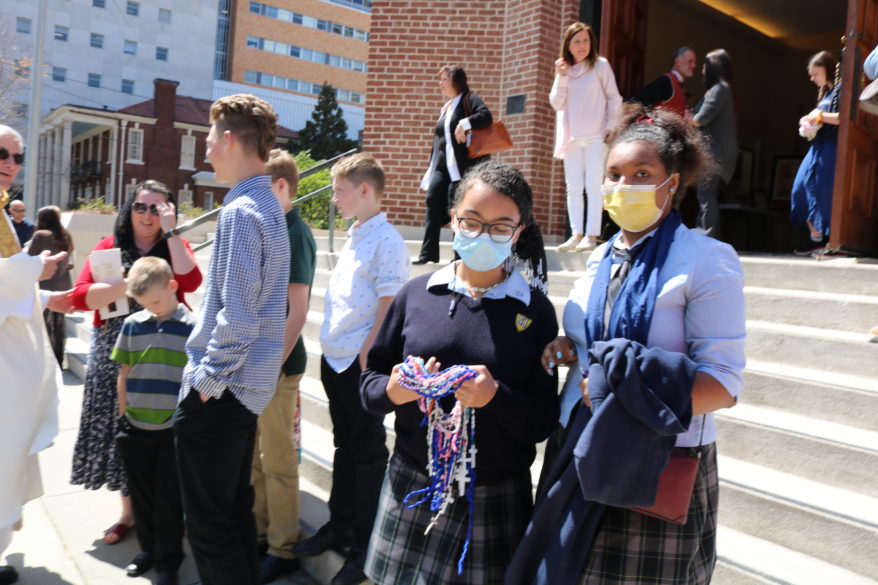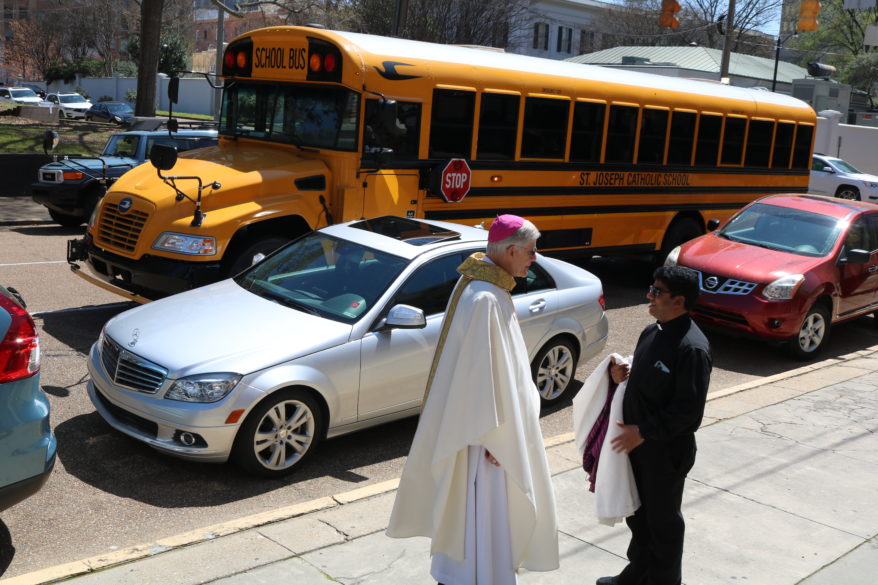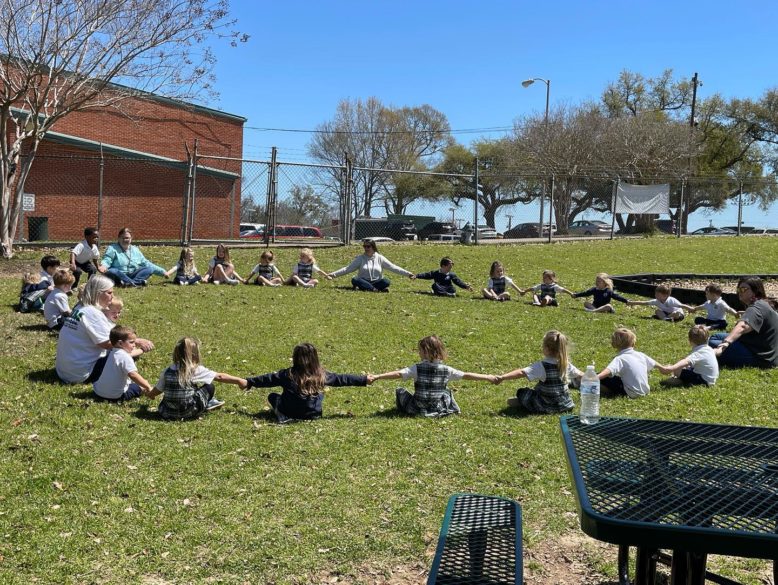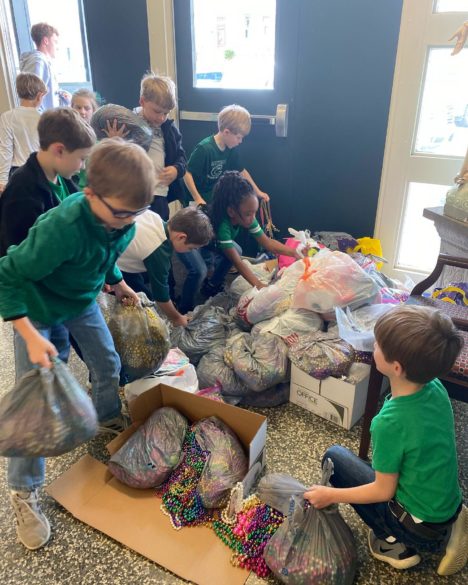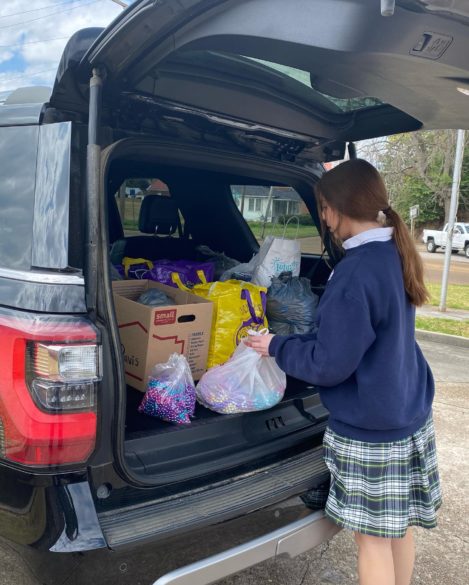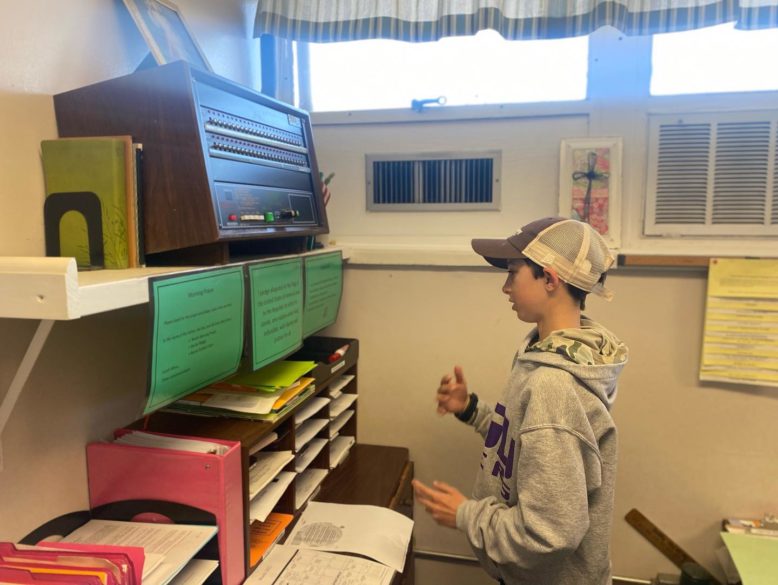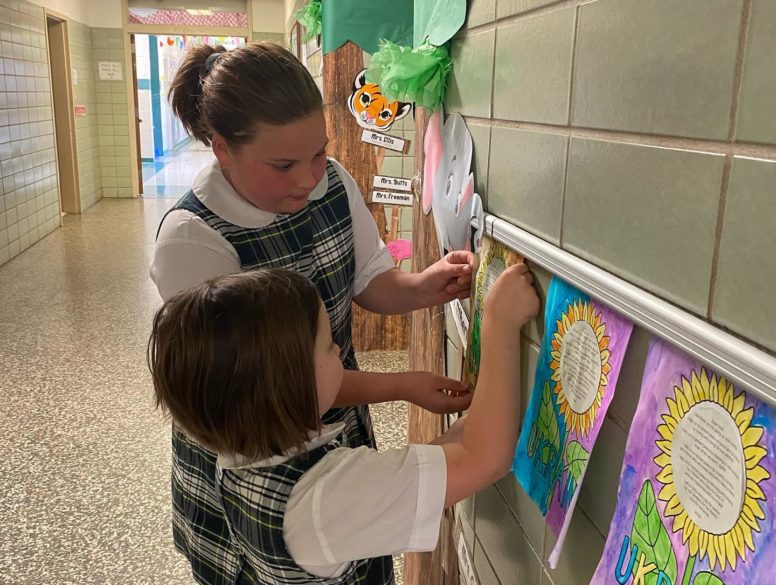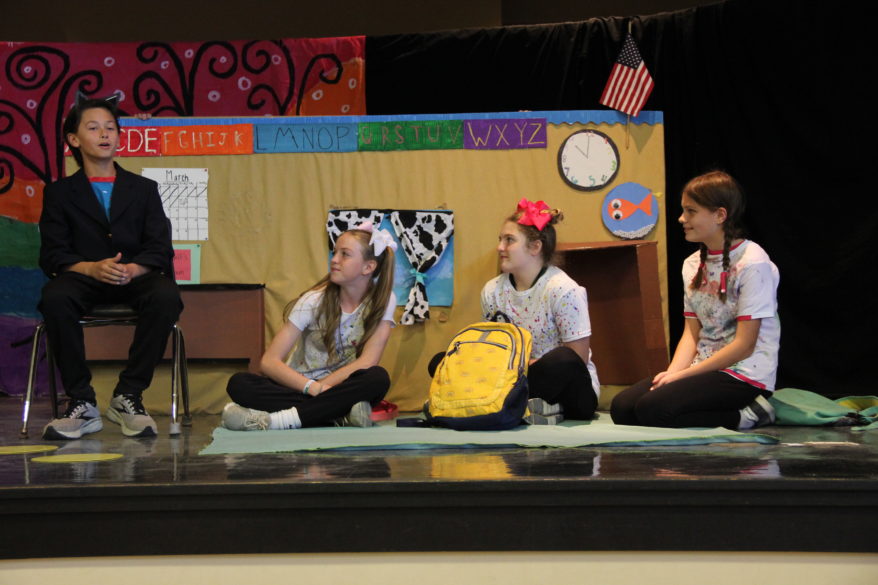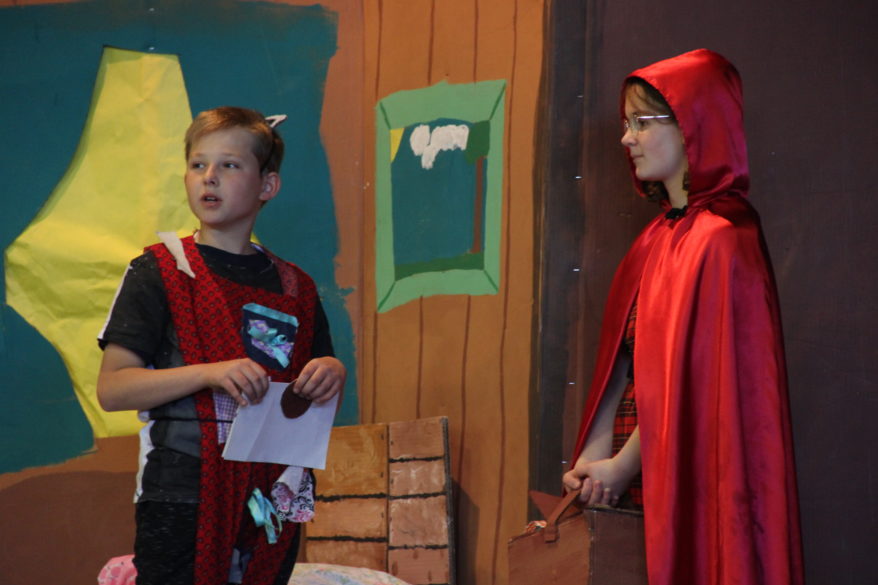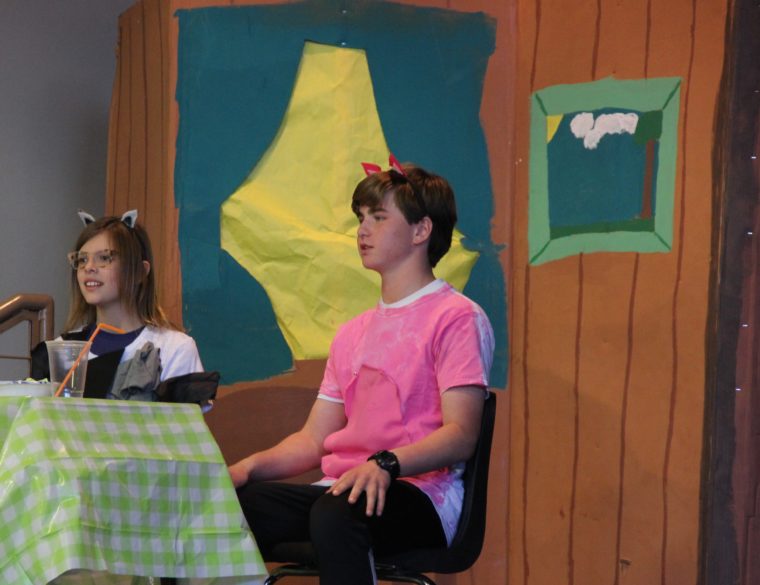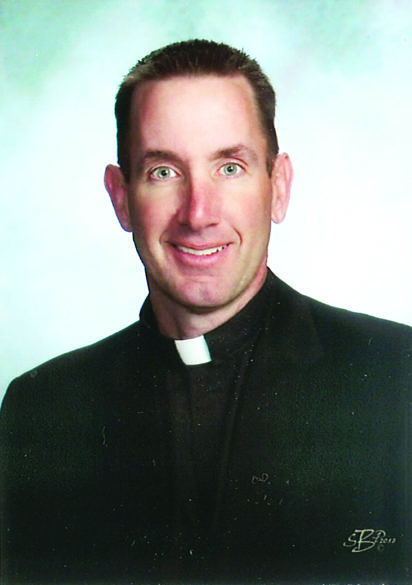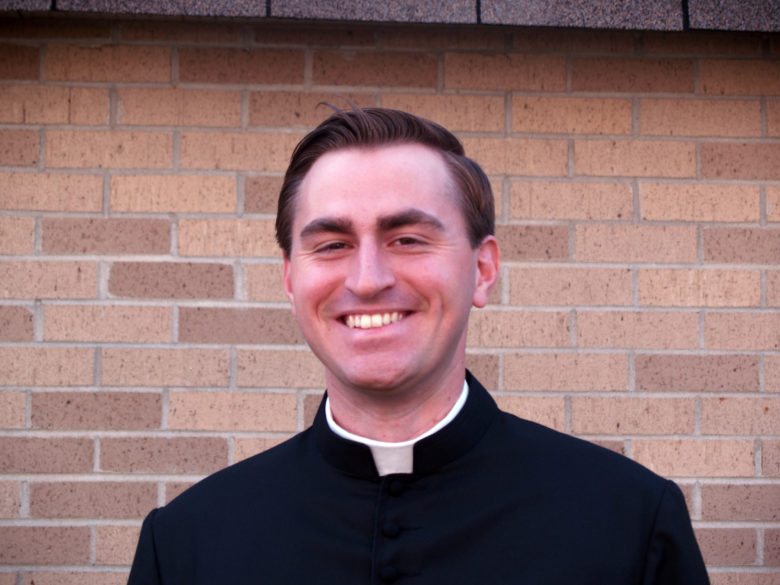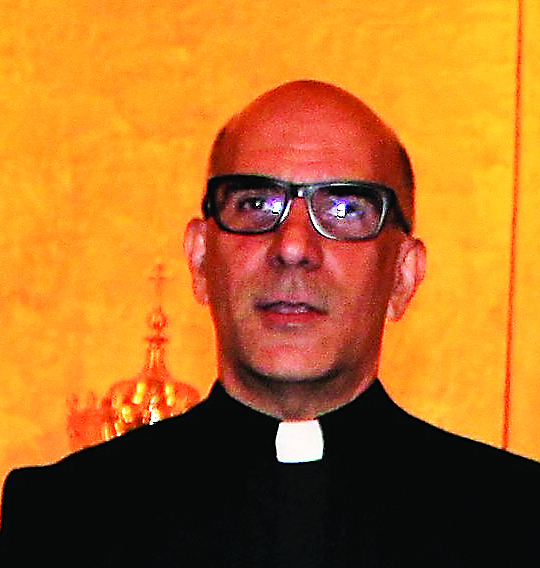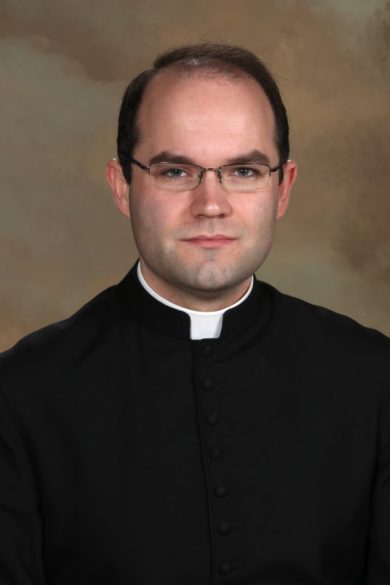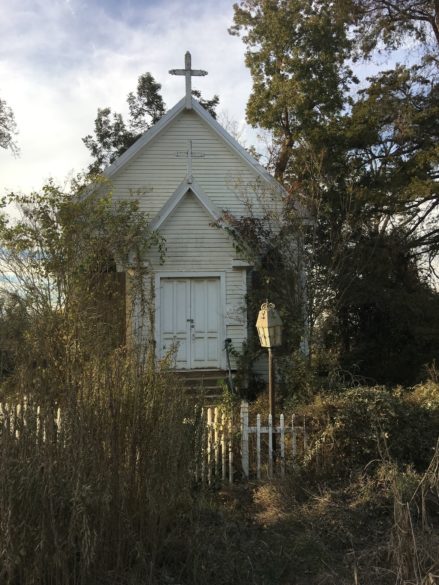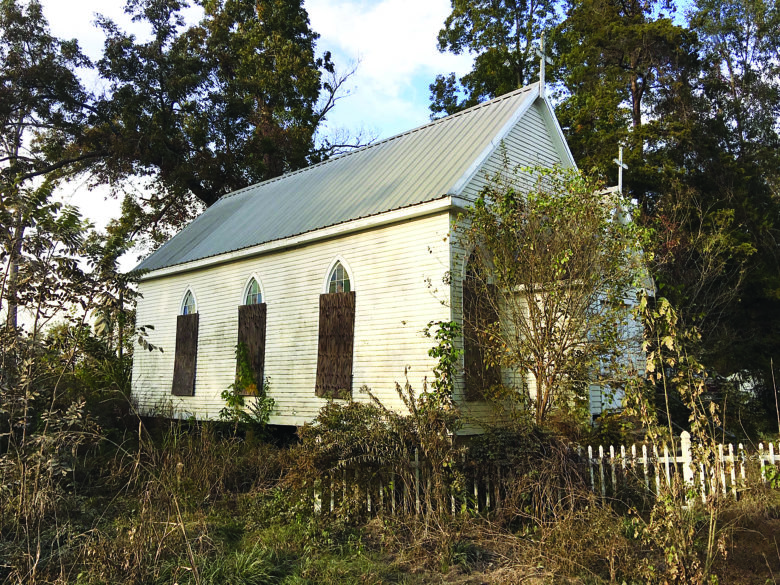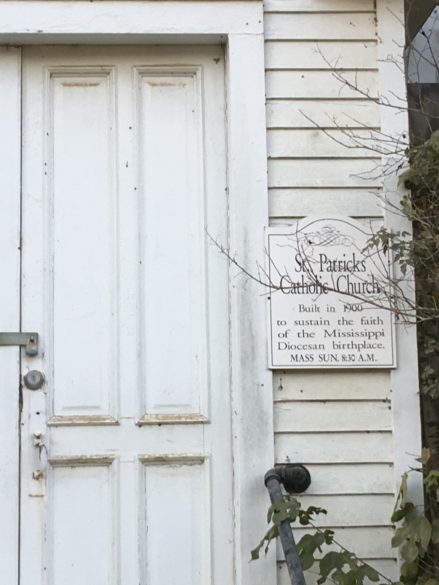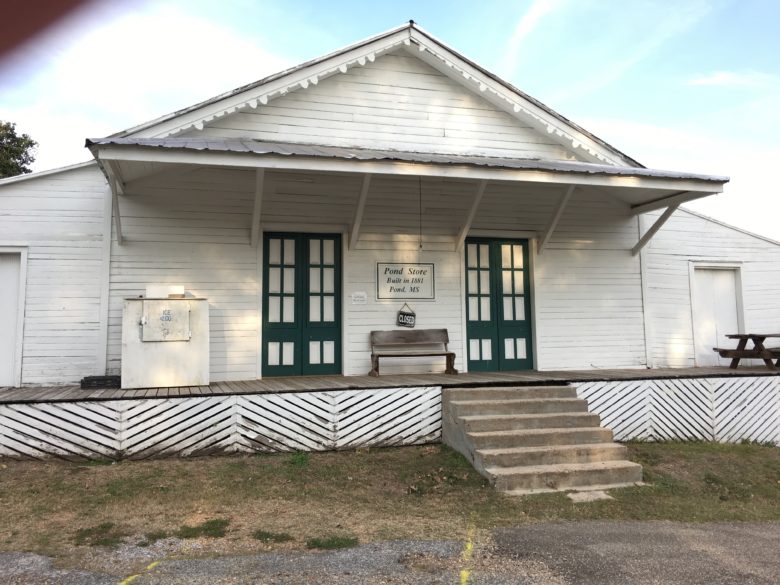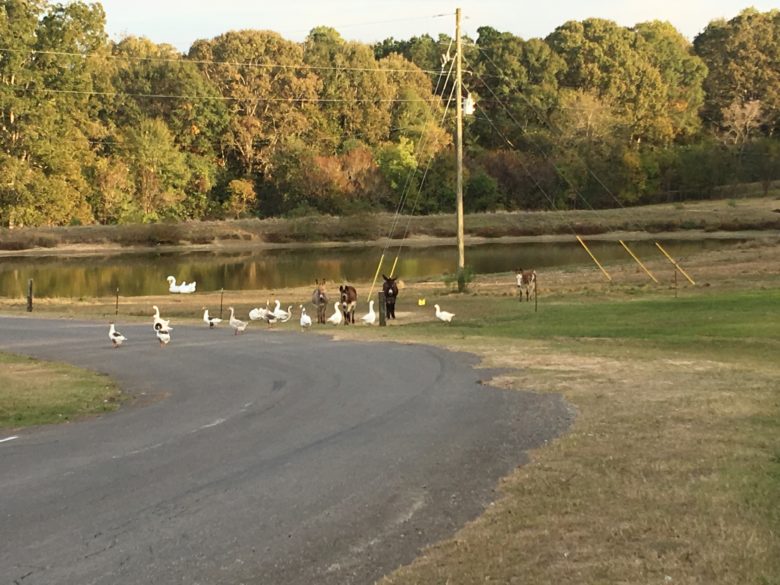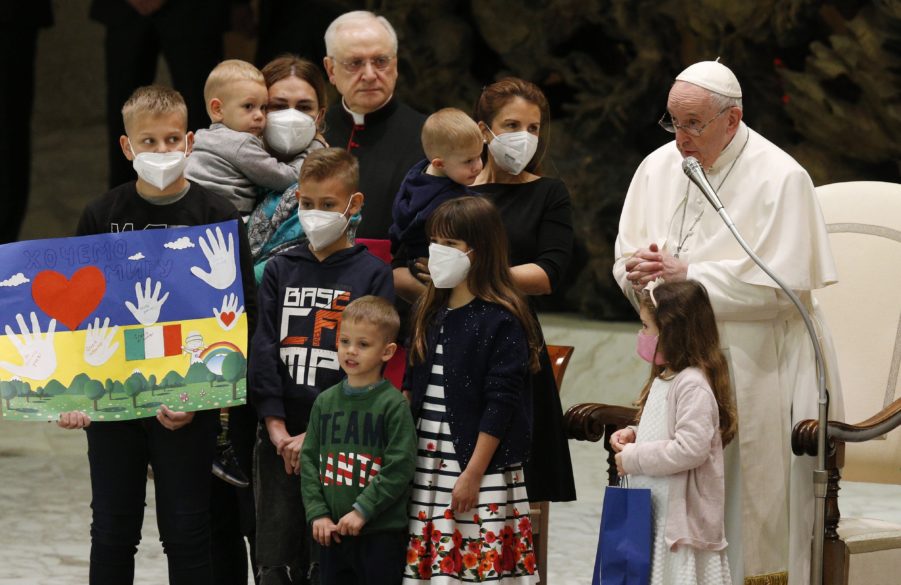Por Obispo Joseph R. Kopacz, D.D.
La Octava de Pascua, la celebración de la resurrección del Señor de entre los muertos, se extiende durante ocho días alcanzando su crescendo el segundo domingo, celebrado pastoralmente y en oración como el Domingo de la Divina Misericordia.
El Evangelio de cada año para este domingo es Juan 21:19-31 cuando el Señor resucitado se apareció dos veces a sus apóstoles acurrucados por el miedo para bendecirlos con la paz, para infundirles el Espíritu Santo, restaurarles la vida y enviarlos a una misión.
La segunda aparición en este escenario fue necesaria porque Tomas desapareció durante el primer encuentro y todavía estaba sumido en su vergüenza, duda, miedo y desesperanza. Los relatos de la resurrección están escritos y proclamados con las palabras del evangelista “… para que ustedes crean que Jesús es el Mesías, el Hijo de Dios, y para que creyendo tengan vida por medio de él.” (Juan 20:31)
Cada año se invoca, para el “mundo entero” y muchas causas nobles, la Divina Misericordia del Señor crucificado y resucitado. Este año en la Catedral levantamos en oración a las víctimas de abuso sexual en nuestra iglesia.

Durante el proceso del Sínodo, muchos en nuestra diócesis expresaron un anhelo de unidad que reconoce la necesidad de sanación en muchos frentes. Al igual que los apóstoles, y especialmente Santo Tomás, muchos en nuestra iglesia y sociedad están sufriendo por numerosas razones. Una razón grave, que atrapa a demasiados, es el delito de abuso sexual que continúa afligiendo a las víctimas y a sus seres queridos. Algunas de nuestras sesiones parroquiales y diocesanas destacaron el compromiso del liderazgo de la iglesia, hace casi veinte años, de nunca perder de vista “La Promesa de Proteger y el Compromiso de Sanar.”
Durante estos últimos veinte años, se ha logrado mucho a través del desarrollo y fortalecimiento de entornos seguros para cumplir la promesa de proteger a nuestros niños y jóvenes en los programas de la iglesia. Innumerables miles han sido educados para estar atentos no solo en los entornos de la iglesia, sino también en su vida diaria con respecto a los comportamientos y circunstancias que podrían ser problemáticos para los niños y jóvenes vulnerables.
Nunca más podemos ser complacientes porque los depredadores, en todos los ámbitos de la vida, siempre están alerta a los puntos débiles ambientales que permiten el acceso a los niños.
Tan importante como el cumplimiento del compromiso de la iglesia es “La Promesa de Sanar” para que no olvidemos a aquellos que están sufriendo los ataques indescriptibles del abuso sexual contra su dignidad humana. El Domingo de la Divina Misericordia resuena con la gracia del perdón, la paz, la reconciliación, la esperanza y la vida. Doblemente.
Los apóstoles, los primeros líderes de la iglesia, habían abandonado y negado a su Señor, y necesitaban la gracia de la misericordia y un nuevo comienzo. “Por Su dolorosa Pasión, ten piedad de nosotros y del mundo entero,” es una súplica a la misericordia de Dios sobre los líderes de la iglesia, que fueron perpetradores, o aquellos que permitieron que continuara el abuso.
La oración más sincera es que la misericordia de Dios bañe, a todos los que han sido dañados, con sanidad y esperanza, paz y vida nueva. Cuando escuchamos de Jesús la invitación a Tomás de poner su dedo en las marcas de los clavos y su mano en el lado abierto, sabemos que Dios desea sanar a todos los que están quebrantados y golpeados por el abuso sexual y que anhelan una nueva vida, para tocar el poder sanador de la misericordia de Dios en Jesucristo.
Este momento de resurrección fue anunciado por el Señor Jesús al comienzo de su ministerio público en el Evangelio de San Lucas. “El Espíritu del Señor está sobre mí, porque me ha consagrado para llevar la buena noticia a los pobres; me ha enviado a anunciar libertad a los presos y dar vista a los ciegos; a poner en libertad a los oprimidos.” (Lucas 4:18)
Estas palabras del Señor son la obra fundamental de la Iglesia y el corazón de la “promesa de sanar.”
Hay muchos caminos hacia una nueva vida en el Cuerpo de Cristo y nuestra oración en el Domingo de la Divina Misericordia fue que nunca nos cansemos de orar y de acompañar a nuestros hermanos y hermanas, gravemente dañados, en el camino de la vida hacia Él que es el Camino, la Verdad y la Vida.

